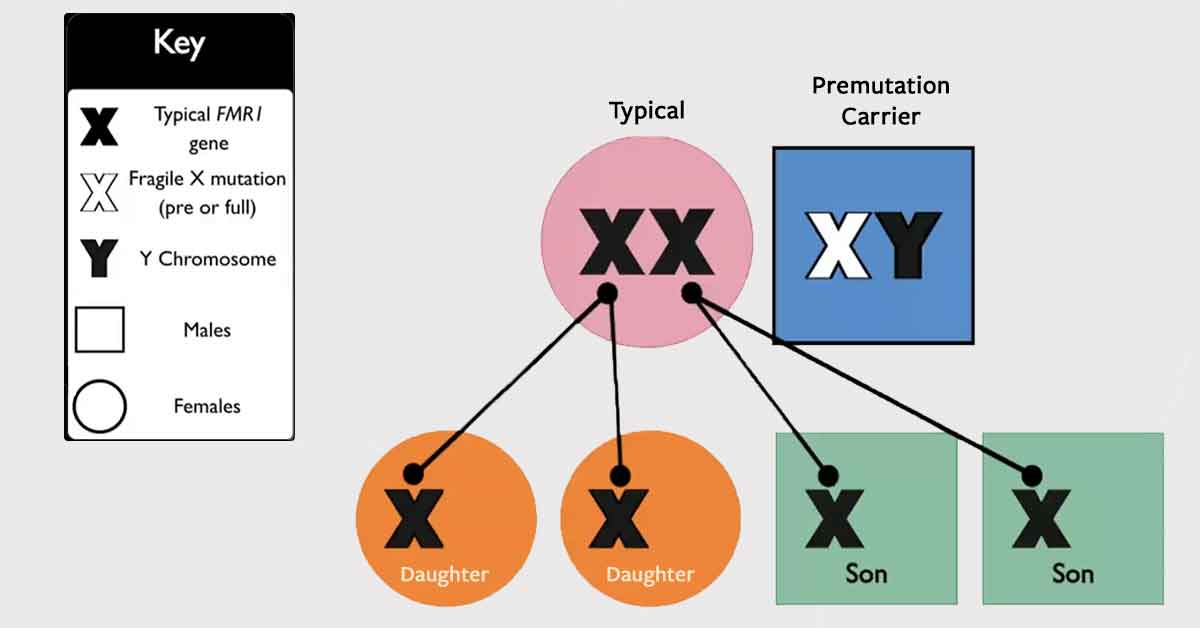About the Presenters

Tracy King
Tracy King, MD, MPH, earned a bachelor’s and a medical degree from Baylor College of Medicine. She completed her pediatric residency training at the Boston Medical Center and Boston Children’s Hospital. She also completed a research fellowship in general academic pediatrics at the Johns Hopkins School of Medicine while earning a master’s degree in public health from the Johns Hopkins Bloomberg School of Public Health.
As NICHD associate director for prevention, Dr. King oversees initiatives and programs related to the prevention of health problems among children and adolescents, pregnant, lactating, and postpartum women, and people with intellectual and physical disabilities.
As an NICHD CDBB medical officer, Dr. King manages the pediatric primary care research portfolio. She is a board-certified pediatrician with extensive research, clinical, and teaching experience. She also serves as NICHD’s liaison to the U.S. Preventive Services Task Force.

Peng Jin
Peng Jin, PhD, received his molecular and developmental biology doctorate from Cincinnati Children’s Hospital, University of Cincinnati, and postdoctoral training at Emory University. At Emory, Dr. Jin is interested in the roles of noncoding RNAs and epigenetic modulation in neural development and brain disorders. Dr. Jin received the Beckman Young Investigator Award, Basil O’Connor Scholar Research Award, Alfred P. Sloan Research Fellow in Neuroscience, and NARSAD Independent Investigator Award. Learn more about the Peng Jin Lab at Emory University.

Peter K. Todd
Peter K. Todd, MD, PhD, is the Bucky and Patti Harris Professor in the Department of Neurology at the University of Michigan Medical School. As a clinician, Dr. Todd co-directs Michigan University’s Multidisciplinary Ataxia Clinic, where he sees patients with FXTAS (Fragile X-associated tremor/ataxia syndrome), and the Fragile X Syndrome Clinic, where he sees adult patients with Fragile X syndrome. He also serves as director of the Clinical Neurogenetics Research Program, which aims to improve research and care for patients with inherited neurological disorders.
As a physician-scientist, the Peter Todd Lab studies the mechanisms by which nucleotide repeat expansions cause neurodevelopmental and neurodegenerative disorders with a long-term goal of developing novel therapeutics for currently untreatable conditions. His lab has published extensively on Fragile X-associated disorders, such as Fragile X syndrome and FXTAS, as well as C9orf72 repeat expansions that cause ALS (amyotrophic lateral sclerosis, or Lou Gehrig’s disease) and frontotemporal dementia.
In the past decade, Dr. Todd has given over 80 invited presentations across the world and published over 50 papers on his research.

Craig A. Erickson
Craig A. Erickson, MD, is a professor of Psychiatry at Cincinnati Children’s Hospital Medical Center and the University of Cincinnati College of Medicine-Affiliated. Dr. Erickson leads a neurodevelopmental clinical and research group focused on improving clinical care through research discovery. He is the director of the Cincinnati Fragile X Research and Treatment Center, one of the largest such programs in the world. He serves as the chair of the Clinical Trials Committee organized by the National Fragile X Foundation and is a leader in translational medicine efforts in Fragile X syndrome, autism, and related disorders. Additionally, he is the director of research in the Division of Psychiatry at Cincinnati Children’s Hospital.




